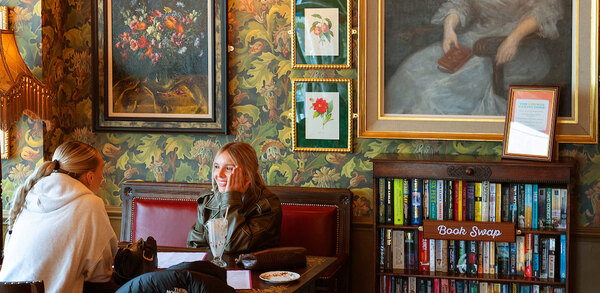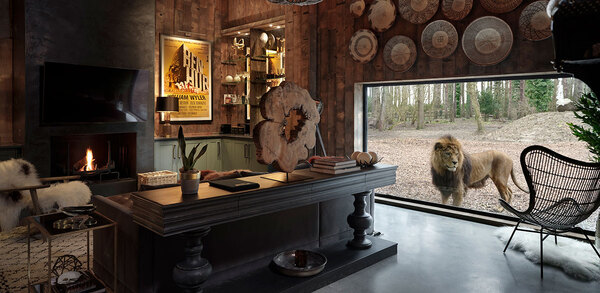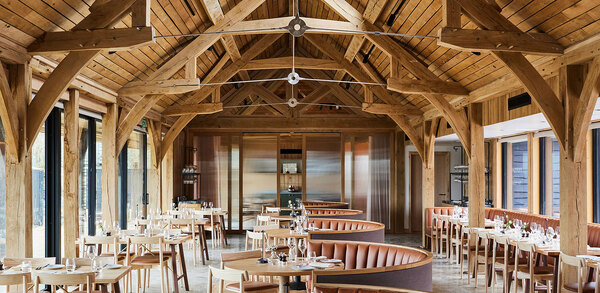Brits abroad: Tim Rawlinson
The general manager at Centara Villas Samui explains why expats should embrace the lifestyle of their adopted country
What attracted you to your first job in Thailand?
I visited a friend who had relocated to Thailand and at the end of a two-week holiday I realised I wanted to move there.
How easy was it to find that first job?
Not easy! If it was, there would be a lot more people doing it. I advertised myself in the national newspaper through the classifieds and got an interview. The problem was, that the telephone interview happened while I was in a minivan on my way out to a stag night. It wasn't the best atmosphere in which to conduct an interview, but I landed the job.
How did managing restaurants and bars in Thailand compare with managing pubs in England?
The cultural and language differences were massive, but the job in itself was very similar.
How did your move from pubs to hotels come about?
That was typical of my life in a way. I was helping out a friend who was doing designs for a resort in the Maldives. I met the owners over a steak dinner and a bottle of wine and I landed the job.
Can you sum up your experience of working in the Maldives for two and a half years?
What do your responsibilities as general manager at the Centara Villas Samui entail?
Budgeting, revenue, rooms, food and beverage, operations and human resources all fall under my responsibility. Caring for both staff and guests is very much at the core of our values at Centara.
Describe the style and setting of the Centara Villas Samui
The resort has 102 villas and is located on a peaceful, secluded, tropical beach-front environment, within easy reach of lively nightlife and shopping.
What do you like about living and working in Thailand?
I enjoy the softness of the culture, the lifestyle, the climate and the way of being. All too often you hear expats complaining because they are comparing things to home. As an expat you will be much more content if you constantly remind yourself why you moved in the first place and stick with that.
And dislike?
Looking at the previous answer I should say nothing, but that would be a lie. Of course there are things we dislike, but in general they are trivial when you consider how long I have been here. If I had to pick something, it would have to be the mosquitoes.
What are the key challenges of working in Thailand?
The challenges are always going to be the cultural differences and the language.
Is there anything the British hospitality industry could learn from Thai hospitality?
Of course, there is a lot. As previously mentioned, it would be the âThai-nessâ. By that, I mean the sensitivity and softness in the way service is provided. However, the opposite is also true and Thailand could learn from Britain.
How widespread are opportunities for British staff to work in the hospitality industry in Thailand?
The opportunities are there, but you need to have the right experience. Apply for positions relevant to your experience and make sure you send out your details to as many employers as possible. Work permits are granted on the basis that you bring something of value to the table and therefore you have to prove this.
Do you have family with you?
My wife is Thai and my kids have dual nationality.
Would you return to work in the UK one day?
I would, yes. My recent visit highlighted the fact that many things have changed for the good and I would consider coming back for work, but Thailand will remain my home.
CV:Â Tim Rawlinson
- 2013-present General manager, Centara Villas Samui, Thailand
- 2010-2013 Operations manager, Maafushivaru, Maldives
- 2008-2010 General manager, Jamesonâs Irish Pub, Bangkok, Thailand
- 2000-2008 General manager of pubs, bars and restaurants in Pattaya and Phuket, Thailand
- 1994-2000 General manager, senior manager/director of operations, Bulldog Pub Group, Boston, Lincolnshire.
Â




















